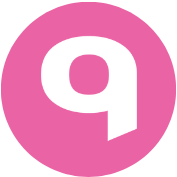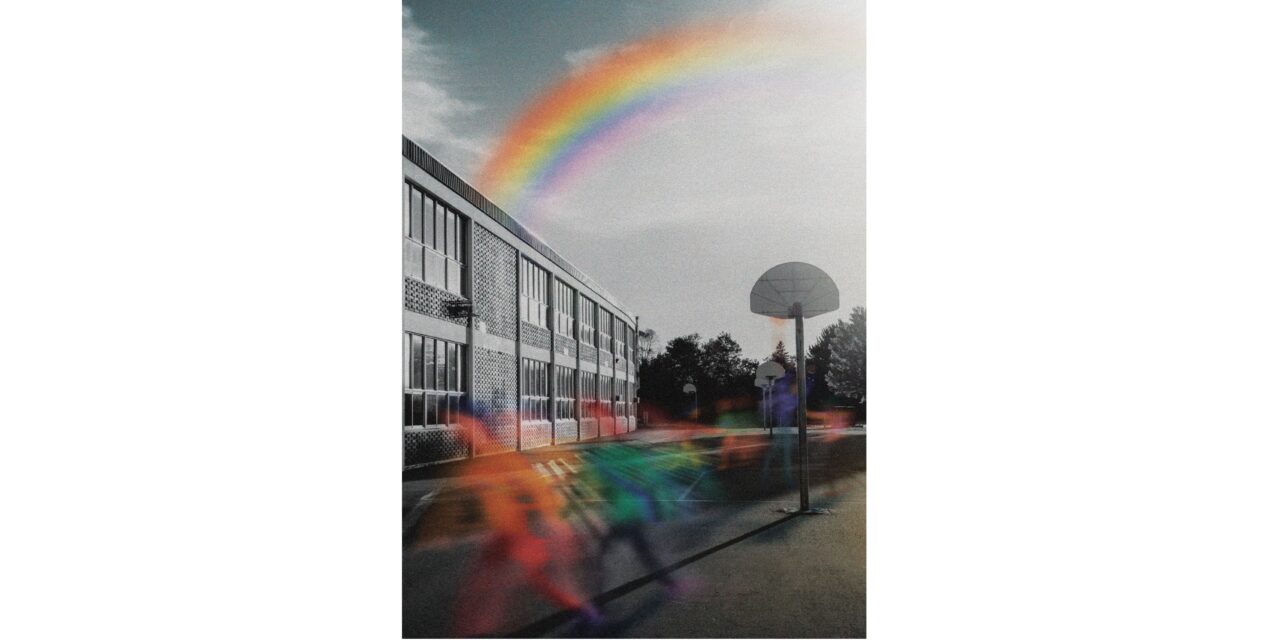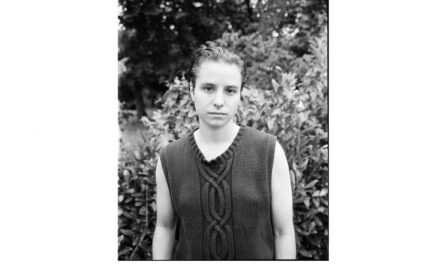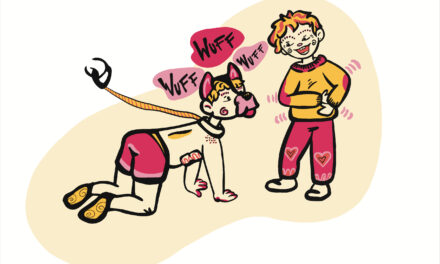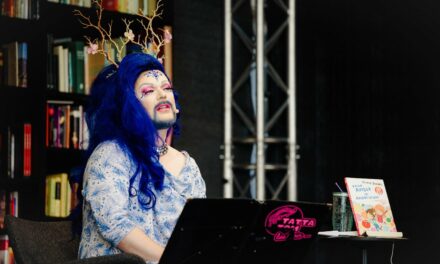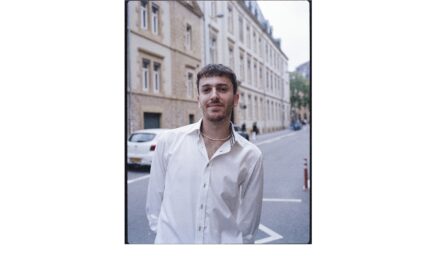In July, a petition called for a ban on LGBT topics in Luxembourg’s schools, but what school materials and curricula are the signatories fighting against? Analysis and exchange with the responsible ministries and their education experts.
Instead of ice cream and sunshine, we saw controversy this summer: In July, a petition calling for the treatment of LGBTIQA+ issues to be declared a private matter and banned in Luxembourg’s schools reached the 4,500 signatures required for debate in Parliament within just a few days. This was followed by a dance of joy by anti-queer parties and private individuals over the mobilization of like-minded citizens, but the LGBTIQA+ communities and their allies also came together: A counter-petition to promote these topics gained the necessary support to enter Parliament in just one day; several organizations and public figures showed solidarity with LGBTIQA+ people. Looking at the school program in Luxembourg, it becomes clear that the concerns of the supporters of the anti-LGBT petition, according to which adolescents would suffer from LGBT education at school on several levels, lack a factual basis. What’s more, it only reflects the attitude of parents and guardians to a limited extent.
LGBTIQA+ topics, a scarce commodity
In 2021 and 2023, the University of Luxembourg published two studies on diversity in Luxembourg’s school materials. The first focused on elementary school – 57 books were examined in the subjects of German, French, mathematics, science, history and life and society. In terms of the visibility of LGBTIQA+ topics, the researchers’ analysis revealed that only in the science book “Humans and Nature” (Cycle 4, ages 10 – 11) there is explicit reference to a same-sex parent couple and to people with variations in gender characteristics. The latter with a questionable sentence: “There are (…) people who do not fit into [a] binary gender system, they are intersex. Since all people are different, everyone should be able to do what they prefer.” It should be noted at this point that gender identity is not a preference that everyone chooses at will, as this statement suggests.
The analysis of 52 books from the “cycle inférieur de l’enseignement secondaire classique et général” (three first secondary levels, editor’s note) was similar: The researchers examined the subjects German, French, English, math, science, history and geography. There were also eight documents from the subject “Vie et société”. Once again, the result: LGBTIQA+ characters predominantly appear in science subjects and are reduced to physical aspects. 40 out of over 3,000 characters and 17 out of 82 couples shown were homosexual. In other subjects, queer people are even more invisible: 9 homosexual characters appeared in the history books; in the materials for language lessons there were a total of 18.
The Ministry of Education, Children and Youth (MENJE) and the Ministry of Gender Equality and Diversity (MEGA) indirectly confirm the study results, as they write in an exchange with queer.lu: “The topic of LGBTIQA+ is not explicitly mentioned in the school programs. Tolerance and respect are nevertheless addressed in the school curriculum, especially in the subject Vie et société, which deals with sexuality, sexual ethics and identity as well as gender diversity, among other things.”
Homosexuality and bisexuality, for example, appear at 6ième (13-14 years) when it comes to love. This happens in the teaching unit “Love is…?” in the chapter “Loving differently”: Among other things, the young people are asked to work out why puberty is different for homosexuals or why coming out requires courage. It would probably be more queer-friendly not to divide love into individual chapters, but to present the different romantic and sexual orientations together and to point out the discrimination that some people experience because of their feelings and identity.
The ministries go on to say that the programs primarily define learning objectives that need to be achieved with the help of didactic materials. In this context, they mention sexual and affective education in particular: This is about biological facts about sexuality, but also about humans as sexual, sentient beings. The topic already appears in Cycle 1 (3-5 years), but without reference to sexuality. “We don’t explicitly talk about lesbian love there, for example, but it is implicitly included when we talk about love,” says Luc Weis, director of the Script, in an exchange with queer.lu. LGBTIQA+ people make up an important but small part of sexual and affective education in primary and secondary schools.
Increasing need for information
Both Weis and Daniela Dario – who is responsible for the LGBTIQA+, sexual and affective education dossiers at the Ministry of Education, among other things – repeatedly assure us that the staff have access to numerous further training opportunities and additional materials on LGBTIQA+ issues. From this school year, they will have access to a teacher folder from the Script on “Sexual education in elementary school”, which contains an information sheet on gender identities. This was developed in collaboration with Cigale. Guides for school staff on how to deal with trans pupils are to follow soon. In the 2023/2024 school year, 694 teachers also voluntarily opted for one of over 30 Ifen training courses on LGBTIQA+ topics.
According to Luc Weis, the need to inform adolescents about LGBTIQA+ issues in an age-appropriate way is currently growing rapidly. Weis and Dario point out that if adolescents do not receive answers in educational and support structures, they increasingly turn to social media. They often come across false information there. According to Weis, it would be more reliable if established educational stakeholders with the necessary expertise were to educate them. “It’s our job to provide young people with adequate information,” adds Dario. “Even – or especially – when it comes to taboo topics such as addiction or sexuality.”
The supporters of the anti-LGBT petition probably do not share this view. Dario puts this down to insecurity: “They fear that pre-schoolers will be taught about sexual practices. However, young children don’t usually talk about sex themselves, but about feelings.” With this in mind, they should get to know themselves and their bodies, as this also helps to prevent sexual abuse. “Because it teaches children which kind of touch is okay and which isn’t, or how to set boundaries in general,” she says. Excluding LGBTIQA+ topics from lessons, on the other hand, excludes a group of people. “This is inhumane and counterproductive if we want to live in a society that values diversity,” says Dario.
Dealing with guardians
Most parents and citizens would probably not disagree, as Weis points out: “The communication with the national parents’ association is good: there is no rejection of certain groups of people, but great understanding for each other.” Before the anti-LGBT petition, he was not aware that “there may also be a fundamental problem on the part of parents in this regard.”
Meanwhile, MENJE and MEGA have clear words on the question of the extent to which parents should have a say in school programs. “Parents determine who decides on laws through their general right to vote. The Obligation scolaire stipulates the school’s social mission. This cannot and should not be negotiated with individual parents,” they say. ‘The national parents’ association regularly issues opinions, including on the content of the program. The responsible committees take these seriously.” The MENJE is continuing its efforts to explain the learning content transparently and to emphasize its added value.
Meanwhile, the MEGA points out: Ideally, guardians should also educate their children objectively about every reality of life. However, it is not expedient to ignore those at school, especially as this sends the wrong message to children who have same-sex parents, for example. The MEGA concludes: “In any case, both petitions reveal the need to talk objectively about LGBTIQA+ issues in our education system and to involve civil society organizations in the process.”
ESSENTIALS
- How is the school program developped in Luxembourg?
The “Obligation scolaire” law defines the guidelines of the Luxembourg education system. Human rights, diversity and age-appropriate sexual and affective education are part of it. The individual objectives are specified in the curriculum.
The “Enseignement fondamental” is anchored in the “Plan d’études” that is drawn up by the Ministry of Education, Children and Youth (MENJE). The ministry’s “Service de coordination de la recherche et de l’innovation pédagogiques et technologiques” (Script) is currently reforming the document.
The programs in the “Enseignement secondaire” are put together by around 60 different program committees before they are submitted to the ministry for validation.
“The learning content is based on fact-based, international recommendations and does not aim to guide children and young people in their search for their (sexual) identity, but rather to explain to them objectively the human diversity of our society today,” emphasizes Daniela Dario from MENJE. “These are developed with consideration for the respective age groups and the learning objectives from the Obligation scolaire. The same applies to non-formal education, in which the same skills are promoted.”
- How present are LGBTIQA+ organizations in the education system?
In contrast to the Ministry for Gender Equality and Diversity (MEGA), the Ministry for Education, Children and Youth does not finance LGBTIQA+ organizations. However, educational services such as the “Centre psycho-social et d’accompagnement scolaires” (Cepas) or the “Institut de Formation de l’éducation nationale” (Ifen) work with them on a case-by-case basis.
LGBTIQA+ associations, such as Rosa Lëtzebuerg, Cigale or ITGL – Intersex & Transgender Luxembourg, are usually only present in schools and educational institutions upon explicit request. They provide advice to both teachers and students and organize awareness and information activities.
For example, this year Cigale held over 45 workshops for 12 to 15-year-olds on gender identity, sexual orientation and variations in sex characteristics in secondary schools. The focus of the workshops was primarily on bullying and diversity, rather than sexuality. This is done by “Planning familial”, among others, to provide additional information on sexuality and affective education.
In 2025, Cigale, in collaboration with Ifen, will offer training opportunities on LGBTIQA+ topics for educational staff, as ITGL has been doing for years on gender and sexual diversity.
- Do schools decide voluntarily who they invite?
In primary school, external actors are invited in consultation with the municipality and, if necessary, the regional directorate. The mayors must authorize the interventions and the municipality bears any costs incurred. The school staff is present during the visit and ensures the preparation and follow-up of the activity. In secondary schools, this process is similar, except that there it is the school management that has to approve the activities of external providers.
- Are LGBTIQA+ topics compulsory in schools?
The “Obligation scolaire” states: Education is based on equality. School-age children and young people should be informed about the diversity of society and, among other things, learn respect for their fellow human beings. The treatment of LGBTIQA+ topics is not explicitly mentioned in the law. Daniela Dario emphasizes: “We recommend that the specialist staff at schools and in non-formal educational institutions always respond to students’ questions and receive further training on LGBTIQA+ topics, among other things. If they are unable to answer the young people’s questions, we encourage them to contact relevant organizations and invite their representatives to come to them so that they can provide the young people with age-appropriate answers.” However, this is not mandatory and it is ultimately up to the teachers whether LGBTIQA+ subjects are discussed or not.
Illustration: Charlotte Muniken
Article translated from German
